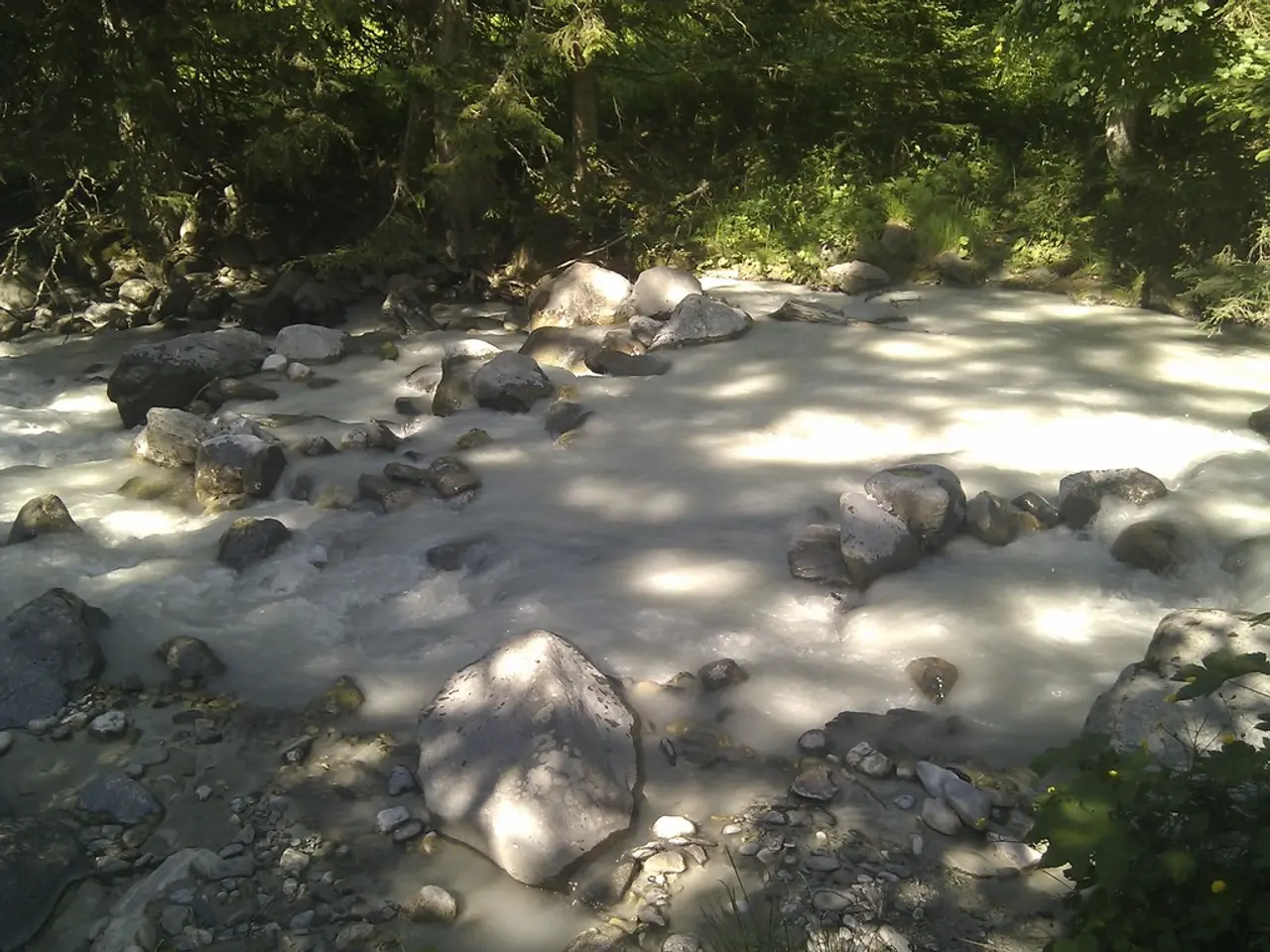Students from Kazakhstan set to compete in the largest geology and ecology competition in China
The Kazakh Team Shines at the World's Largest Earth Science Olympiad
The 18th International Earth Science Olympiad (IESO 2025) took place from August 7 to 17, 2025, in Ji'ning, China, with participants from 34 national teams competing. Among these teams were representatives from Kazakhstan, led by Zhanaat Ismailova, director of the corporate fund "Jas geologist", and Gulzhan Nurgalieva.
The competition, dedicated to studying the structure of the Earth, its natural processes, and phenomena, was the world's largest scientific competition for young geologists. Participants from various countries, including the USA, China, India, Kazakhstan, Korea, Iran, Germany, and Australia, tackled complex tasks such as field geological research, geological section and sample analysis, interpretation of climate and natural data, and developing scientific projects in mixed international teams.
The events featured individual written theoretical and practical tests, team field investigations, and scientific Earth Systems Projects (ESP). For example, participants undertook geological surveys outdoors and the theoretical tests covered Earth system theories such as the geosphere, atmosphere, hydrosphere, and exosphere.
The main objectives of IESO are to promote scientific temper, research skills, and international cooperation among young earth science enthusiasts worldwide. It aims to develop and challenge students' knowledge and application abilities in earth sciences through rigorous individual and team tasks, fostering friendship and understanding among future global scientists.
Kazakhstan, a country that has been participating in IESO since 2015, achieved significant success at IESO 2025. The team included students from various Nazarbayev Intellectual Schools, such as Alina Aitjanova from Astana, Alnur Tursunhanov from Astana, Nadira Atymtaeva from Kyzylorda, and Bolat Akjol from Taldykorgan.
As of IESO 2025, Kazakhstan has won a total of 35 medals, including 6 gold, 10 silver, and 19 bronze medals. Notably, the team excelled in the Earth Systems Project category, winning golds.
India also shone at the competition, winning 7 medals and 1 special award. Notably, Rayansh Gupta from Ludhiana won a gold, silver, and a special GYM Reporter Award. The Korean delegation won silver and bronze medals across individual and team categories, excelling in the individual written exams and field tasks. Iran earned four bronze medals in the competition.
The next IESO (2026) is scheduled to be held in Turin, Italy. This comprehensive structure reflects the multi-faceted nature of IESO 2025 in fostering earth science education worldwide.
Summary table:
| Aspect | Details | |----------------------|-----------------------------------------------------------------------------------------| | Event | 18th International Earth Science Olympiad (IESO 2025) | | Dates | August 7–17, 2025 | | Location | Ji'ning, China | | Participating Countries | 34 countries including USA, China, India, Kazakhstan, Korea, Iran, Germany, Australia | | Tasks | Individual theoretical/practical tests, team field investigations, Earth Systems Projects| | Objectives | Promote scientific temper, research skills, international cooperation among youth | | Notable Achievements | India: 7 medals + 1 special award; Kazakhstan: 7 medals including golds; Korea & Iran: multiple medals | | Next IESO | 2026 in Turin, Italy |
Science education and self-development were integral aspects of the Kazakh Team's success at the World's Largest Environmental Science competition, the 18th International Earth Science Olympiad (IESO 2025). The team, comprising students from various Nazarbayev Intellectual Schools, demonstrated their knowledge and application abilities in earth sciences by winning a total of 35 medals, including 6 gold, 10 silver, and 19 bronze medals. Their achievement in the Earth Systems Project category, with golds, showcased their proficiency in the realm of environmental science education and self-development.




